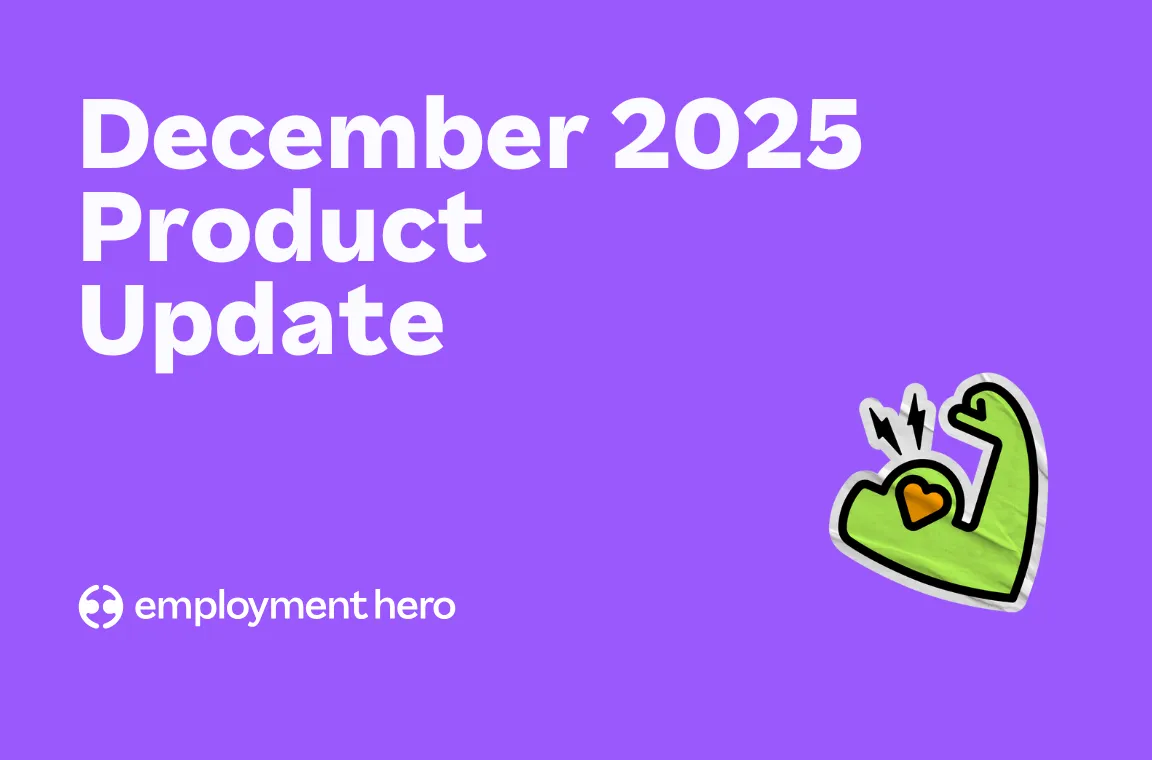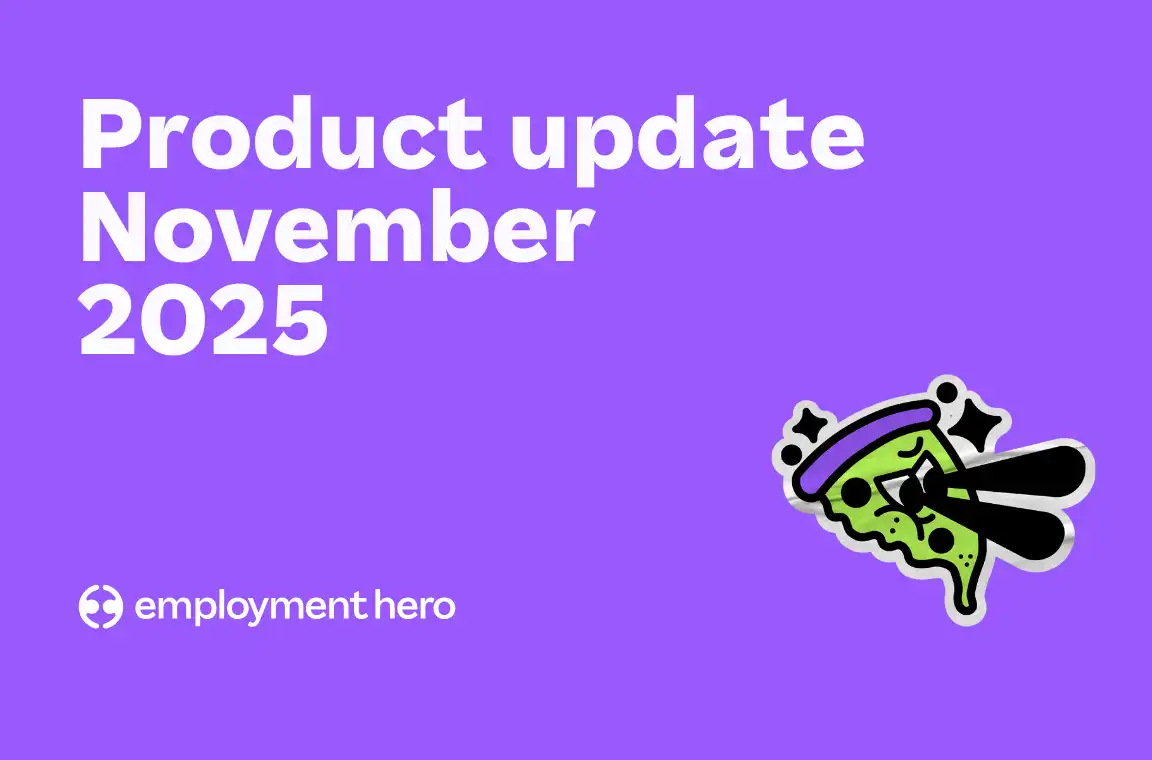How To Deal With Uncertainty At Work
A time of uncertainty can be difficult for your mental wellbeing. Here are some helpful tips to manage stress and anxiety in these trying times.

Contents
As widespread inflation and the long term impact of the pandemic continues to bite, it sometimes feels like there’s been very little respite from the last few years. All of us have been affected, be it financially, physically or mentally. Many have experienced loss, illness or personal struggles.
Coping with this certainly takes a toll. Accepting uncertainty and remaining resilient can be a challenge, especially when humans are naturally wary of change. The ability to pivot and push through challenges isn’t one that comes easily.
On a practical level, we’ve got some ideas on how you can build that resilience, to support yourself and others when personal wellbeing takes a hit.
How can we manage negative emotions when times get tough? Start with the experts.
We know that as human beings, we struggle with uncertainty. It ignites our primitive instinct – we want to know what’s lurking around the corner. So how can we manage this?
It’s important to remember that we’re all in this together. If you or your employees are experiencing feelings of distress and anxiety, please do not suffer in silence. There are many effective resources and mental health professionals available to help you through this challenging time, as the first response. The following resources are available for free:
- Samaritans of Singapore (SOS) – 1767
- IMH Helpline – 6389 2222
- National Care Hotline – 1800 202 6868
- Fei Yue’s Online Counselling Service
- Silver Ribbon Singapore – 6385 3714
Alternatively, find out whether you can seek support through an employee assistance program (EAP). An EAP is a confidential service that workplaces can provide to employees, which offers professional counselling services.
Reaching out to a trained mental health professional is always the best first step when things get really hard. Beyond this, we’ve also got some additional tips for supporting your wellbeing.
Step 1: Be kind to yourself
In a world that often feels dominated by conflict, it’s never been more important to practise empathy – both for yourself and for others. If things are really tough and it’s affecting your day to day life, the reality is that you can only do what you can do. The key is to recognise how you can make things work when the productivity well is running a little dry.
Manage what you can in the present moment
If you’ve set ambitious goals recently and haven’t gotten around to starting them, it’s okay. Maybe you haven’t worked out 5 times a week like you wanted to, it’s okay too. So you’re not sipping margaritas on the beach like that person you knew from college, that’s ok as well.
In times like these, we all cope differently. The last few years are not like anything any of us has ever experienced before. What helped us cope with hard times before may not work now.
Take stock of what you can do and try to ignore unnecessary pressure. Open communication channels are so important, particularly at work. Recognise where issues might arise or potential challenges are looming, and set effective boundaries.
Be conscious of your social media usage
According to the World Economic Forum, the average internet user spends almost 2 and a half hours a day on social media. It’s hard to get away from being bombarded by all sorts of content, whether it’s worrying international news, tense discourse or those aforementioned margaritas on the beach. Social media is a wonderful tool for connecting with others, but it can also make us feel worse.
Make a note of how social media is making you feel. If it’s getting you down, consider taking a digital break – or setting a ‘curfew’ for time spent on it. Consider how you’re feeling before you log in and act accordingly to mitigate negative consequences.
And if there’s just no way you can give up your social media time, consider what you’re absorbing. One fun idea is to create a social media profile totally devoted to following accounts featuring something you really love – like cute cat videos, baking ideas or comedy sketches. Build a positive digital bubble you can hop into when the normal one gets a bit much.
Step 2: Find a routine
As we try to deal with uncertainty caused by the last few years, it can sometimes feel like things are a manic rush. If you’re a caregiver or trying to balance personal commitments and challenges as everything else gets tough, things will feel destabilising.
Choose a rhythm that works
As best you can, it can be helpful to have control over one thing – your personal routine. There’s plenty of research that suggests our brains thrive on routine. For the sake of your mental health, set some simple routine staples that you can include.
For example, this could be waking up and going to bed at the same time everyday, to get your body clock into a rhythm. It could also include eating full meals three times a day, or putting aside designated time to meditate or go for a walk. It takes on average around two months to turn an action into a habit, so keep your routine simple and achievable.
Remember the basics
This is a hard time. It is inevitable that some days will feel tougher than usual. Whether you’re already living with mental health issues or you’re feeling their effects for the first time – take it easy on yourself and practice acceptance. Sleep, some food and a shower might be all you’re up to and that’s ok.
Show yourself some kindness and self care. Be sure to flag any mental health concerns with your employer, so they can look after you too. Remember to make sure you’re working in a healthy way as well.
‘What advice would I give to a friend?’ is a great question to ask yourself. When your mental health is taking a toll, think about what you’d do to care for a friend who feels the same way. Then, treat yourself likewise.
Step 3: Consider ways to support your mental wellbeing
Reach out to someone you trust
Particularly for introverted types or those who might feel self conscious talking about mental health, it can be all too easy in times of struggle to shut yourself off from others. However, this can lead to feelings of isolation that compound existing challenges.
It could be as simple as texting a friend and seeing if they want to come round for a coffee, or Facetiming a relative for a chat. You might find that they’re in the same boat, or that they can give you a good distraction from things that are troubling you.
Healthy body = healthy mind
Nowadays, this probably seems like a no-brainer. If you want to keep your mind healthy, you need to care for your body. Our psychological state is intrinsically linked to our physiological health. Especially in times of increased stress like the present, practising self care is essential.
Our mental health is hugely influenced by what we fuel our body with. So, be mindful about what you’re eating and drinking. Hydration is important for brain function and therefore for mental health. Make sure you’re drinking enough throughout the day. On the other hand, it can be easy to turn to alcohol in times of poor mental health, but it doesn’t help at all. Watch your alcohol consumption so you don’t grow to rely on it as a crutch.
In terms of food, aim for something wholesome and filling. Lots of veggies, mixed grains and protein. Avoid processed or sugary foods. We get it, sometimes a bowl of ice cream is a much-needed antidote to a bad day. Just remember to find a balance.
Take breaks
If you’re finding the lines between work and personal life are getting a little blurred and it’s taking its toll, consider how you can find that space again. Taking more breaks is essential for employee productivity, mental wellbeing and overall work performance.
While at times it can be tempting to chain yourself to the desk and power through the day’s work, overworking can lead to stress and burnout. Not only does this affect health and wellbeing, it also defeats your purpose of pushing through in the first place. A few examples of the benefits of taking breaks include:
- Increase in productivity and motivation. Stepping away from work can help you regain focus and energy. This increase in engagement is linked with an increase in productivity.
- Decrease in stress. Everyone needs time to recharge. Working for long periods of time without a break can lead to mental fatigue. A break can help reduce stress and improve your mental wellbeing.
- Boost in creativity. It can be hard focusing on the same thing all day. Taking a break and letting your mind rest can help lead to that eureka moment.
- Improvement in memory and learning. We are often taught that sleep is one way our brain works to strengthen our memory. However, mental breaks are also proven to help with memory and replenishing attention spans.
Step 4: Find community
The after-effects of the Covid-19 pandemic and the stresses around the cost of living has left many of us feeling anxious and isolated. This is bad news for our mental health, because after all, we are social creatures. To protect your mental health, seek community.
At home
Living in the same home doesn’t automatically equal genuine connection. Sometimes, our partners, families and housemates need a little nudge in the right direction. Suggest a board game night or simply have dinner together at the table rather than in front of the TV. Maybe try something like a painting night or a trivia quiz that everyone can participate in. Cost-effective and fun!
At work
If you’re working from home, make the most of technology. Staying in regular contact with colleagues is important. Sure, you could have that conversation via email… but why not video chat? Working from home means organic lunch break conversations won’t happen. So, you’ll need to go out of your way to check in on your colleagues. In uncertain times like the present, this couldn’t be more important. The same goes if you’re back in the office – make sure you’re reaching out and being involved.
As a people leader
If you’re a leader at work, there are specific challenges when mental health gets tough. After all, just like if you’re a caregiver at home, people are relying on you to keep things on the right path. Mental health challenges can make this responsibility very difficult.
It may also be that you’re having to support people in your team with their own mental health challenges. Look into different ways you can engage your team, even if it involves setting up different activities at different times. This also extends to ensuring that everybody is eating well, staying hydrated and getting sufficient sleep. It’s important to remind your team that these things can make a big difference to your overall mood.
The wrap up
It’s been a difficult few years and it’s understandable if you feel overwhelmed and stressed. With a few strategies and mood boosting activities, you can be on the road to feeling more in control when you face uncertainty and negative events. Take care of yourself and remember to reach out to trusted people for support. If you’re an existing Employment Hero customer, we recommend you look into providing EAP services to your team if you don’t already.
Related Resources
-
 Read more: Product Update: January 2026
Read more: Product Update: January 2026Product Update: January 2026
Welcome to the January 2026 product update from the Employment Hero team. We’ve got lots to share around Custom Forms,…
-
 Read more: Product Update: December 2025
Read more: Product Update: December 2025Product Update: December 2025
Welcome to the December 2025 product update from the Employment Hero team. We’ve got lots to share around Custom Forms,…
-
 Read more: Product Update: November 2025
Read more: Product Update: November 2025Product Update: November 2025
Welcome to the November 2025 product update from the Employment Hero team. We’ve got lots to share around Workflows, Rostering,…









